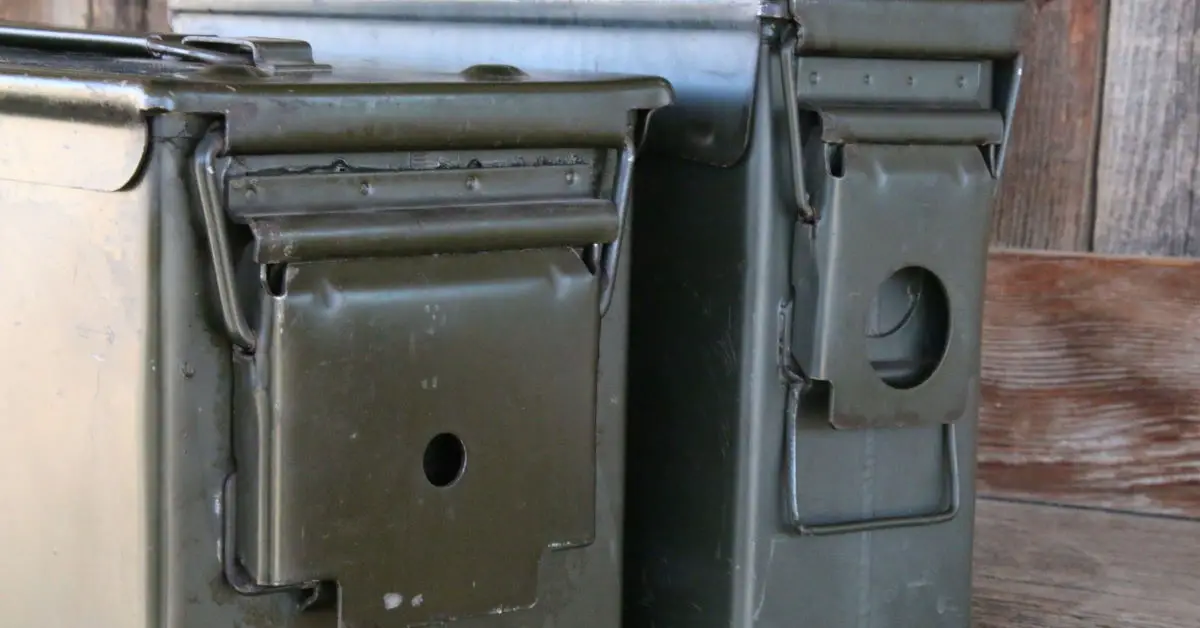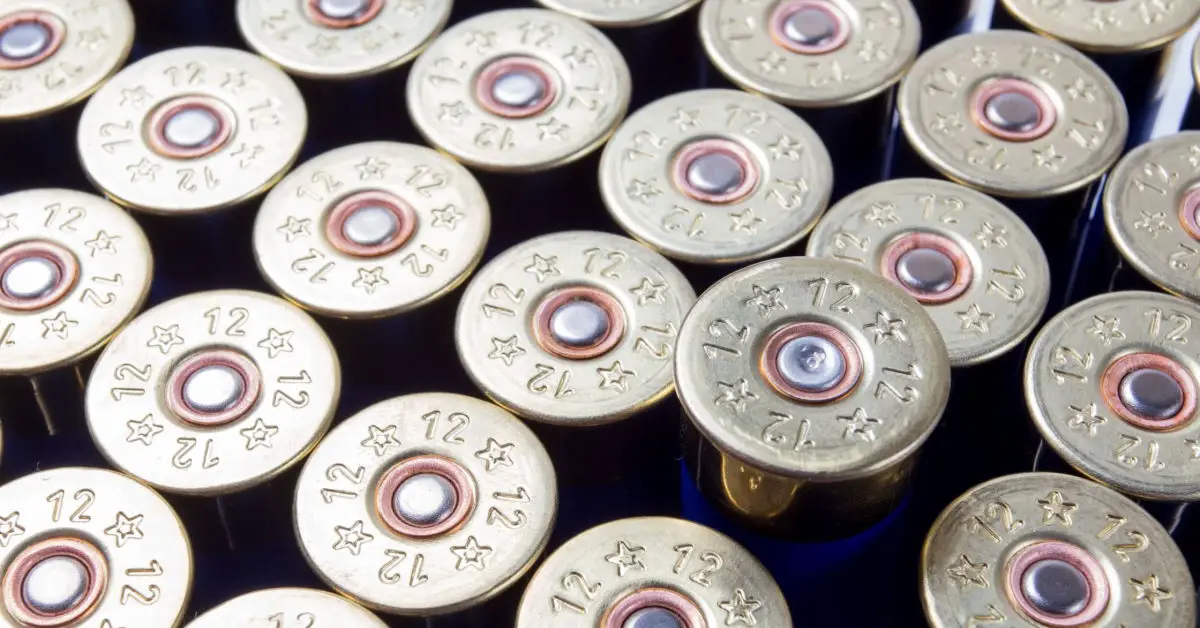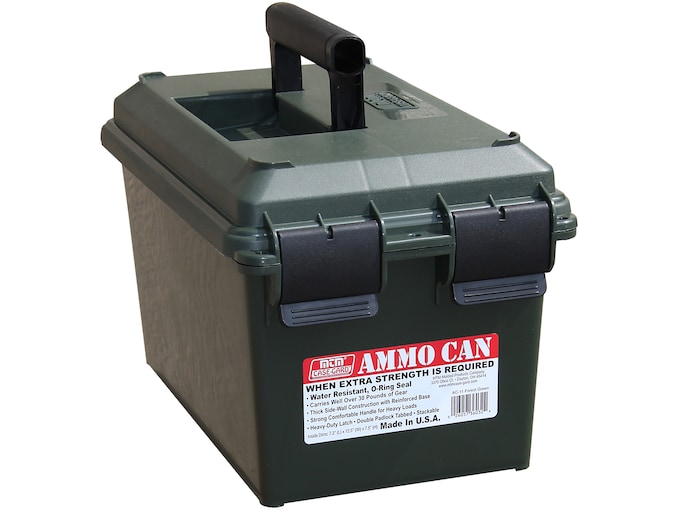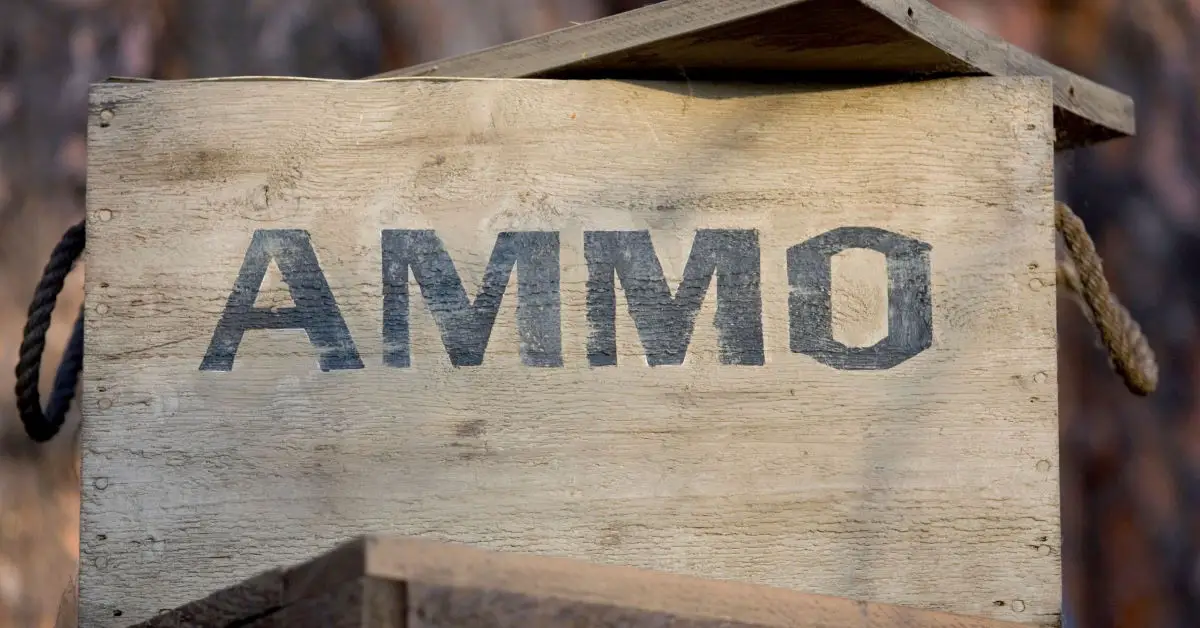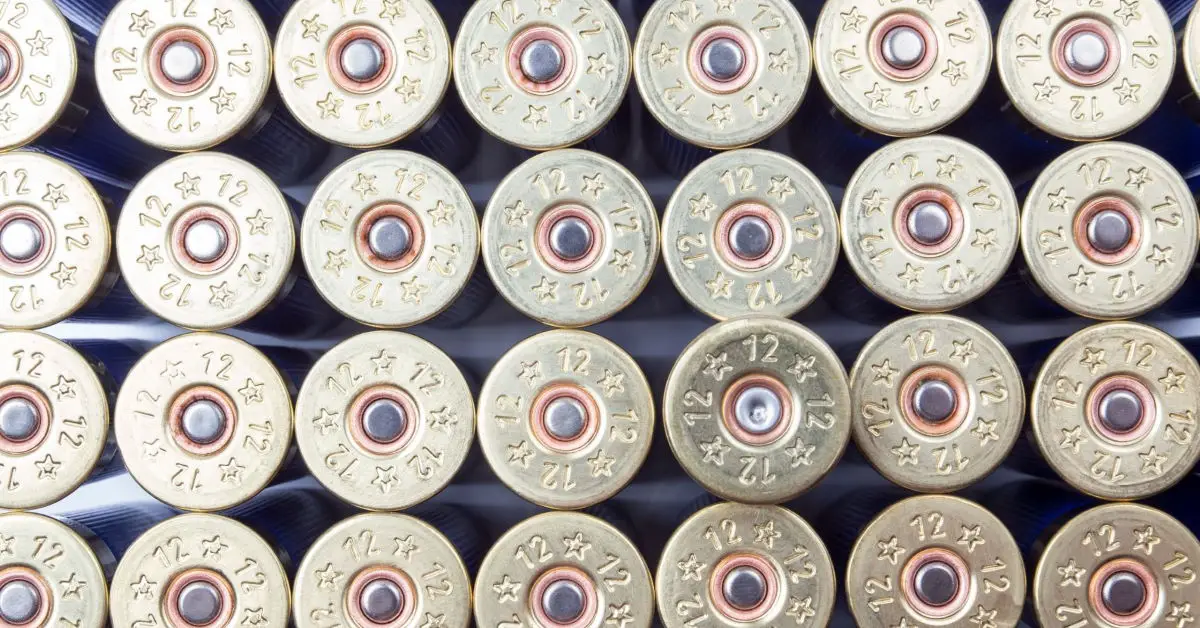Using firearms is more than just a hobby or a career; it’s an art. And just as in any art, you need the right tools to create your masterpiece. For those who shoot guns, one necessary tool is ammunition. But did you know that ammunition also has an expiration date? Yes, ammunition has a lifespan, a limit to how long it remains effective. Your bullet’s accuracy, reliability, and functionality all depend on its age. This post will discuss the factors that primarily influence your ammunition’s life expectancy.
Storage Conditions
One of the most critical factors that influence the lifespan of your ammo is how you store it. Ammunition manufacturers recommend that you keep your ammunition in dry and airtight containers, preferably a metal ammo box. High humidity, extreme heat, and excessive moisture are the enemies of your ammunition. They can cause deterioration in the propellant, primer, and bullet. When storing your ammunition, you want to keep it away from any damp places such as basements, garages, or cellars.
Type of Ammunition
Another factor to keep in mind when estimating your ammunition’s lifespan is the type of ammunition. Not all ammo is created equal; some can store for a longer time compared to others. For instance, a rifle cartridge can store longer than pistol rounds if they’re stored appropriately. Rimfire cartridges have a short shelf life compared to centerfire cartridges, despite storage conditions. Also, ammo that’s loaded to higher pressures and velocities degrades faster. Therefore, it’s crucial to check the manufacturer’s date of your ammunition before and after purchase.
Frequency of Use
Frequent target shooting can lead you to forget the simple rule: older ammo shouldn’t be kept for a long time. It’s essential to note how frequently you shoot your guns and how much ammunition you use. Regular target shooting means more frequent reloading, which in turn lessens the lifespan of your components. Similarly, leaving ammo inside your magazine reduces its life expectancy. Some studies claim that loading and unloading a magazine, particularly in auto-pistols, deforms the bullet intentionally or unintentionally, making it unsafe or inaccurate.
Expiration Date
Gone are the days when ammo manufacturers gave expiration dates. Nonetheless, if we consider the factors mentioned above, we can deduce how long our ammunition will remain safe and functional. We can also check for visible signs of aging in the primer, bullet, and case of our ammunition. These visible signs include rust or corrosion, ultraviolet damage, or discoloration. If you find these signs in your ammunition, it’s best to dispose of it entirely.
Conclusion
All in all, it’s essential to keep in mind that your ammunition has a life expectancy, and it’s your responsibility to extend it. The factors that influence the lifespan of your ammunition are storage conditions, type of ammo, frequency of use, and expiration date. To maximize your ammo’s life, keep it in dry, airtight containers and buy fresh ammo when you can. And finally, always remember that if you suspect your ammunition is past its shelf life, it’s better to be safe than sorry and dispose of it as soon as possible.
